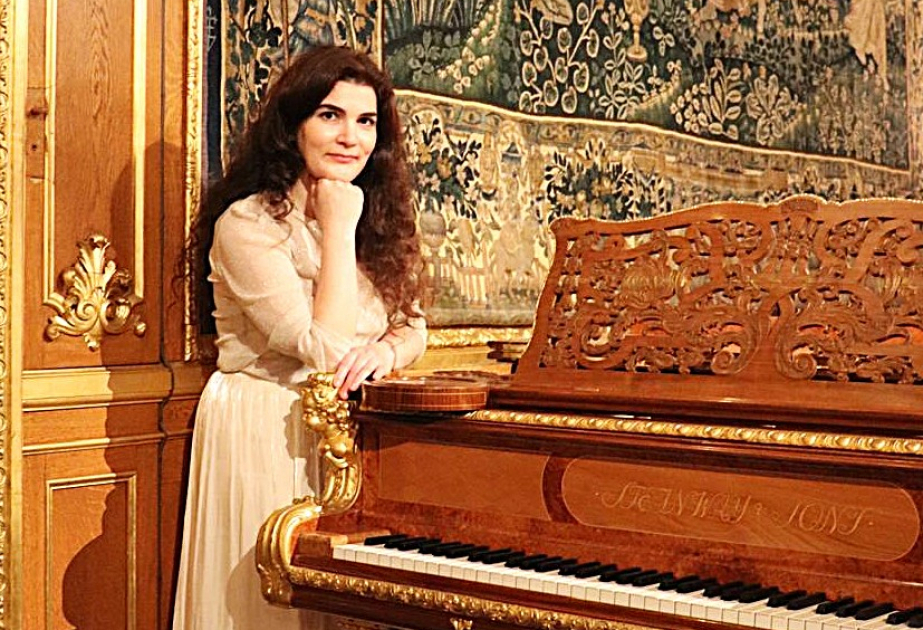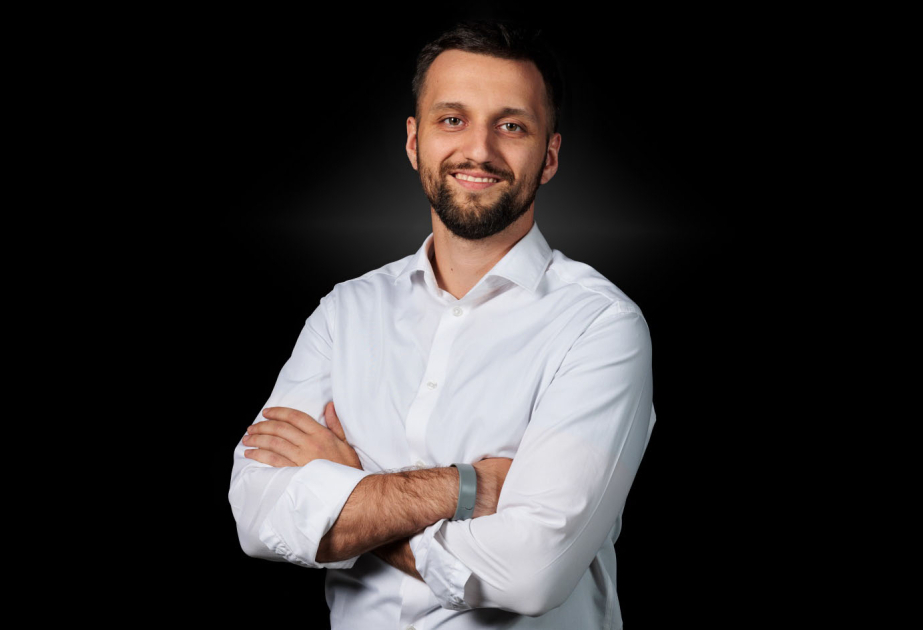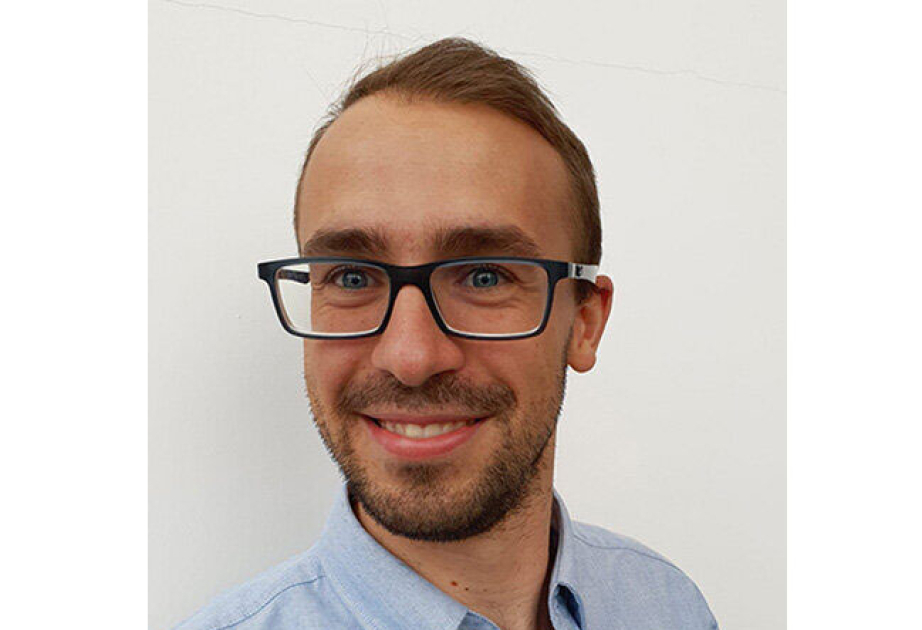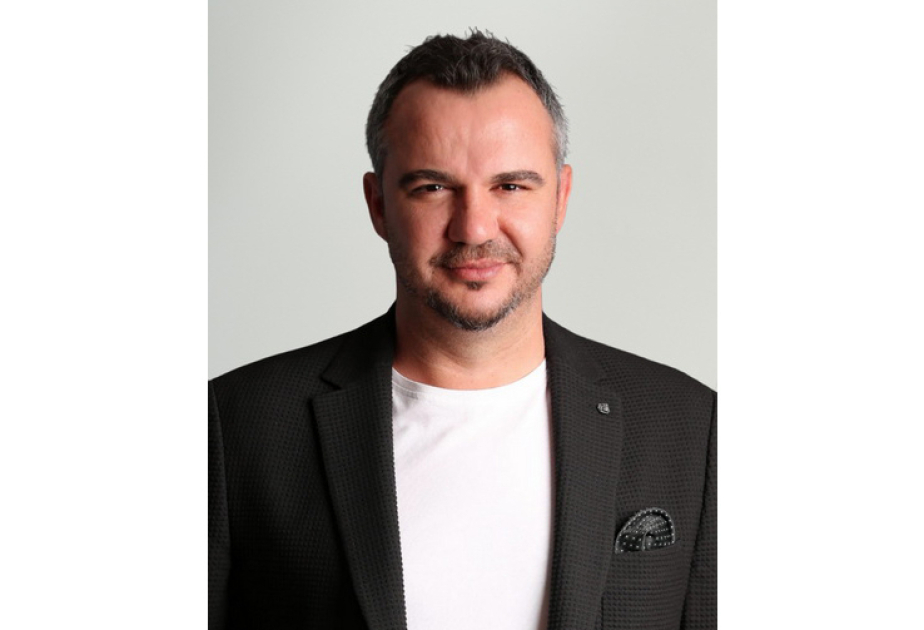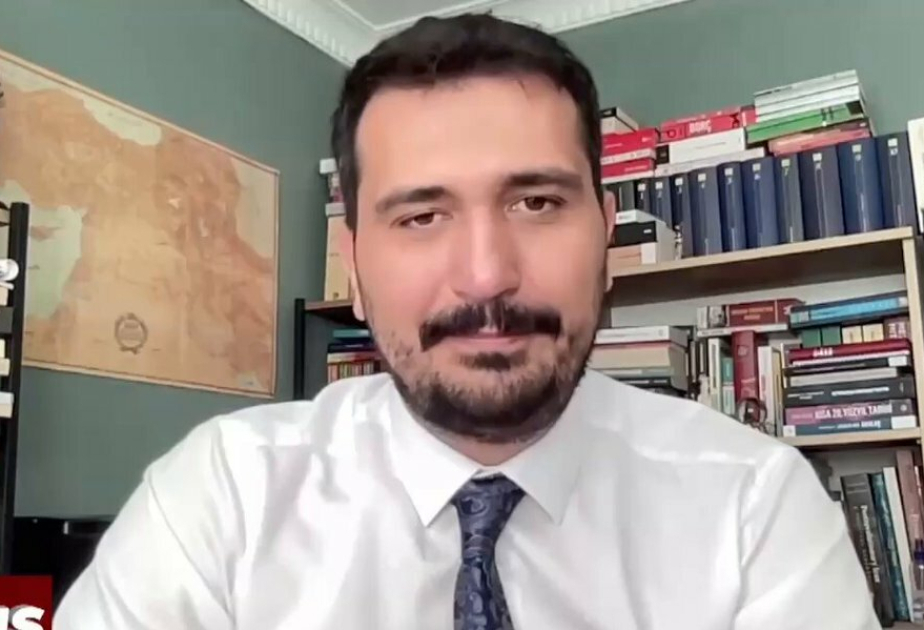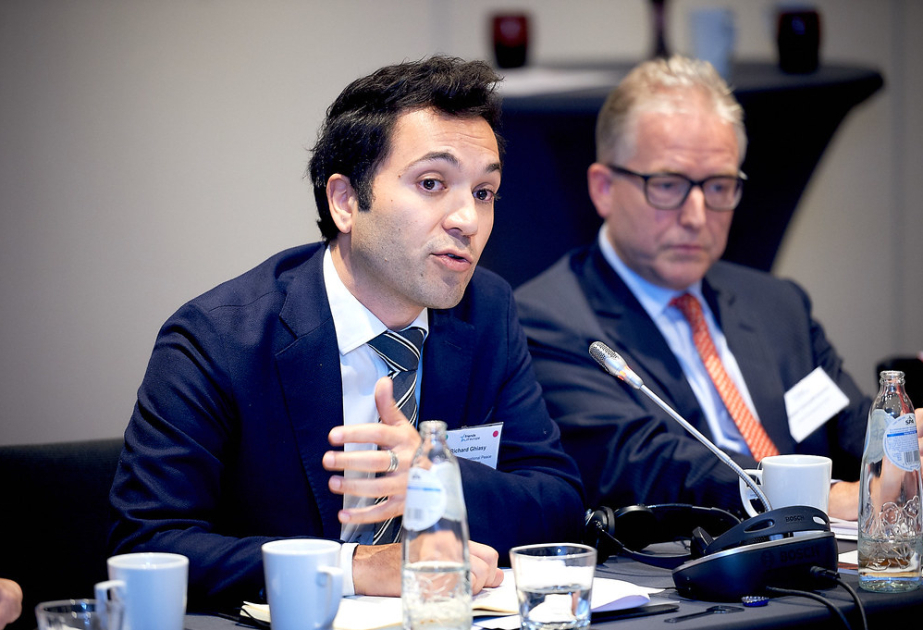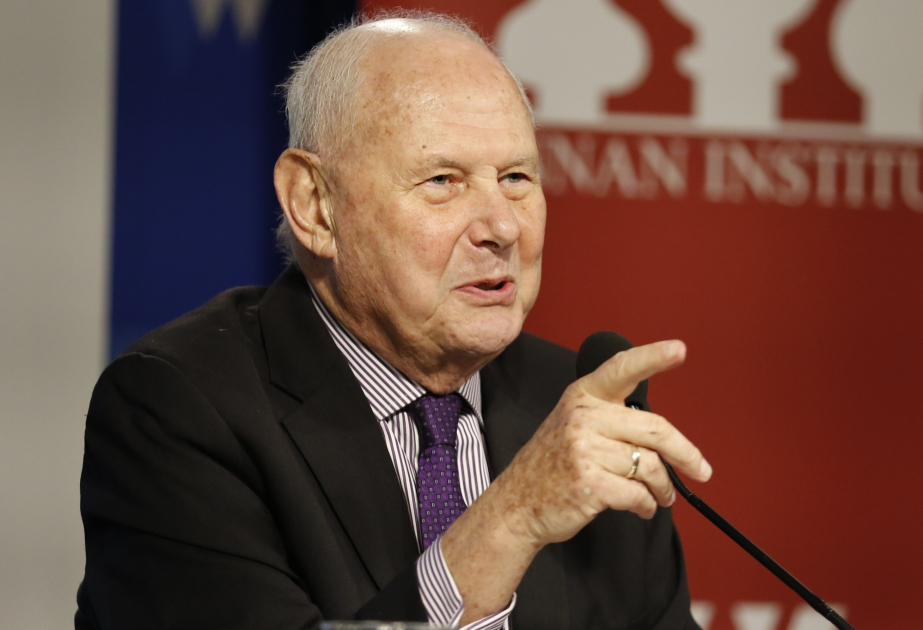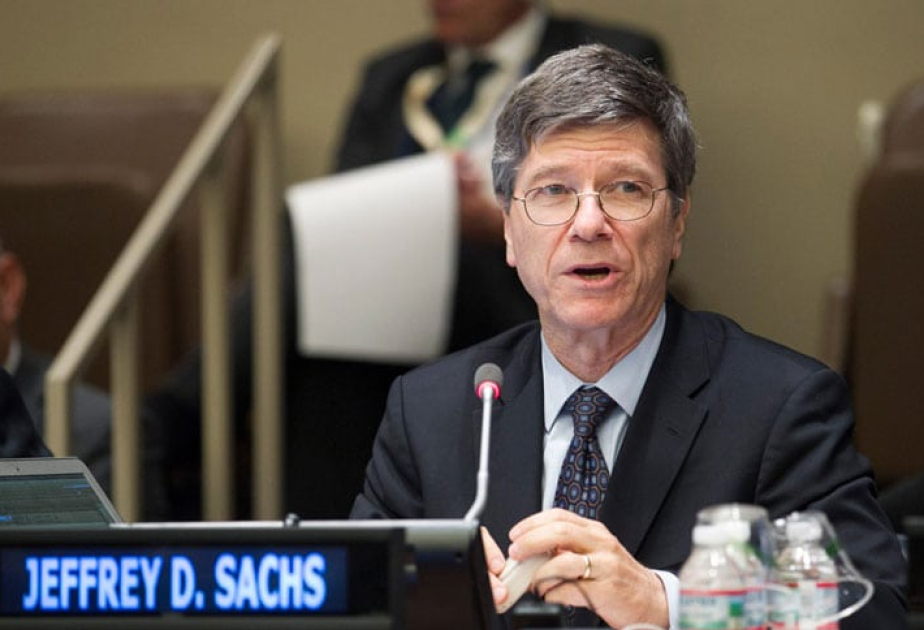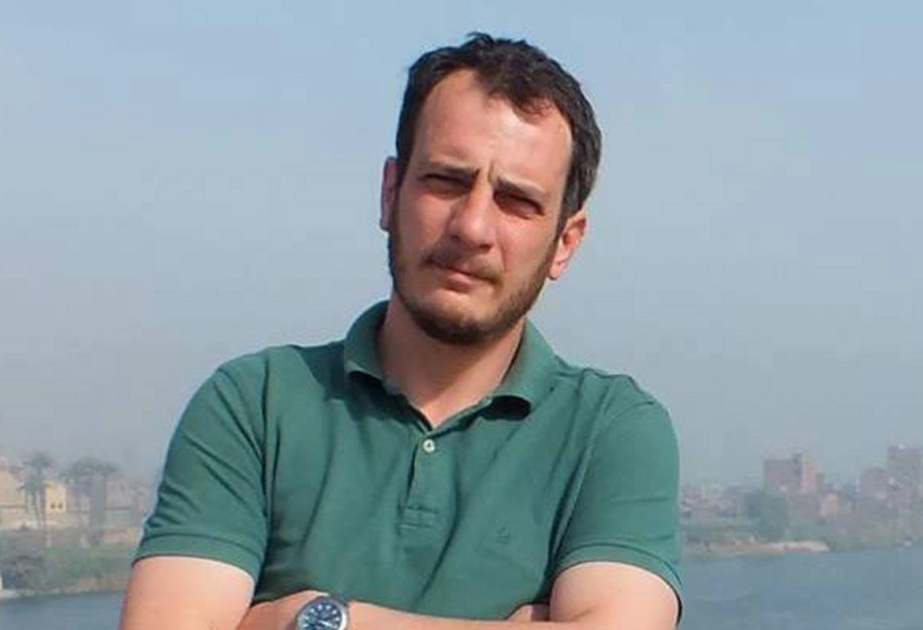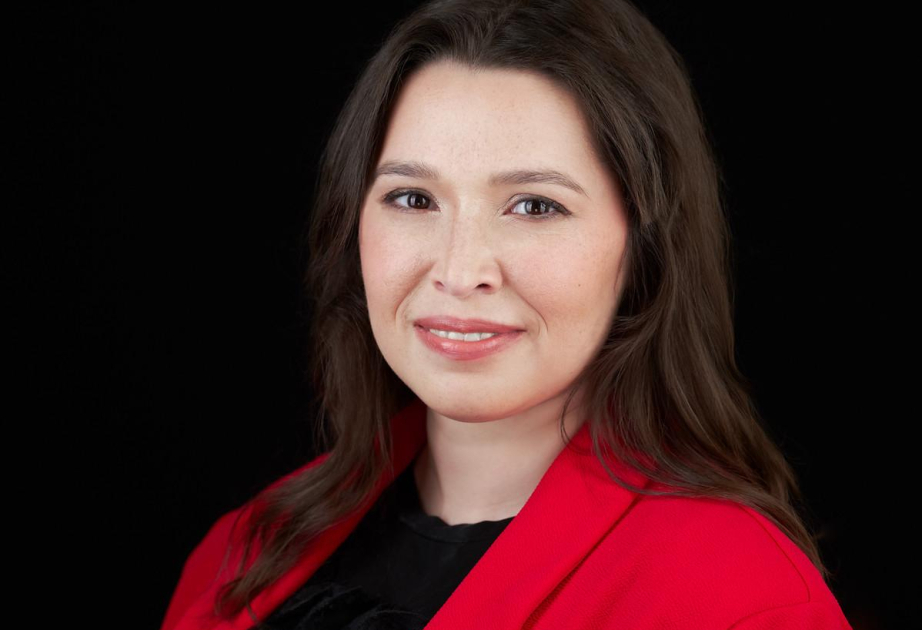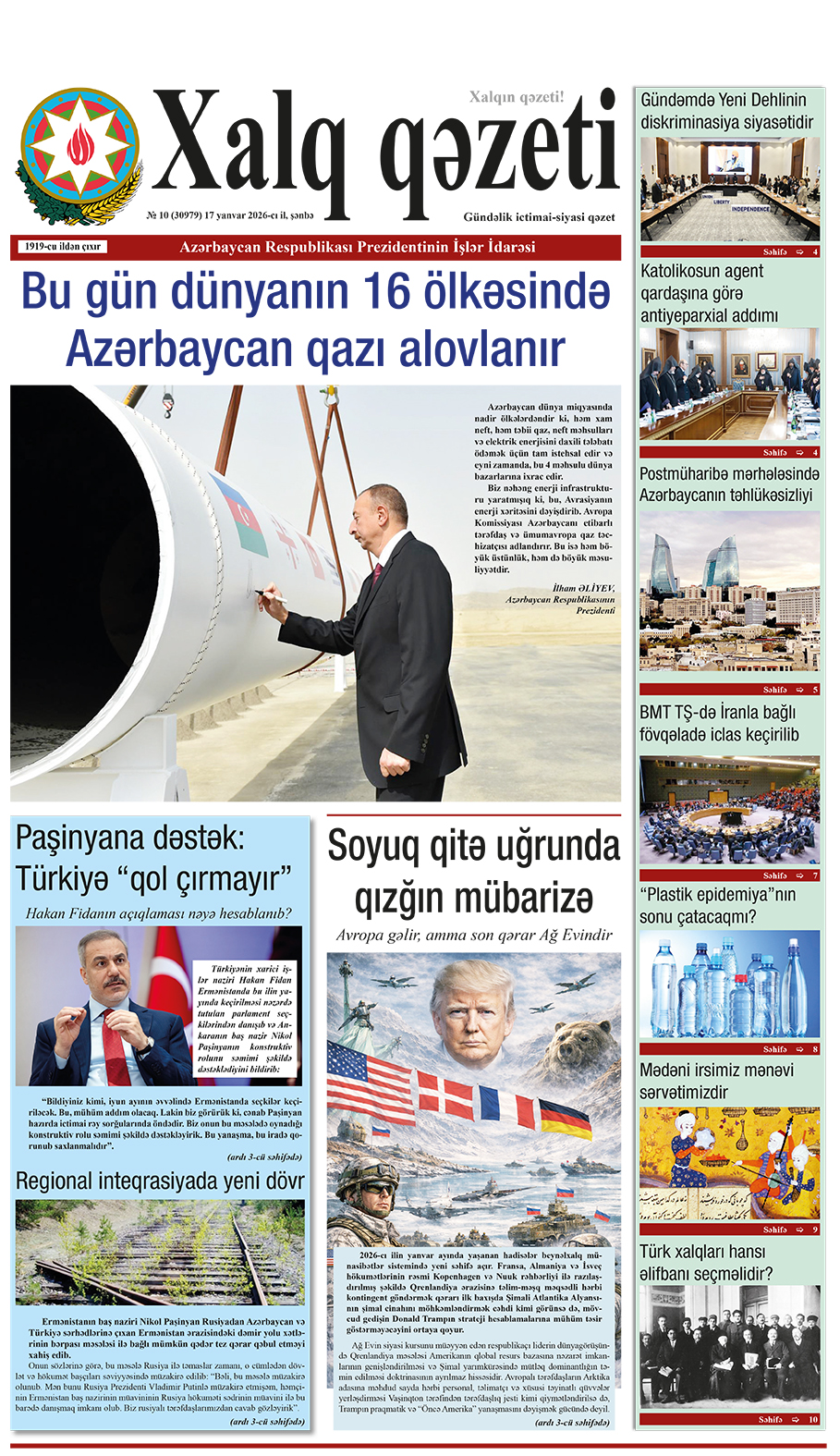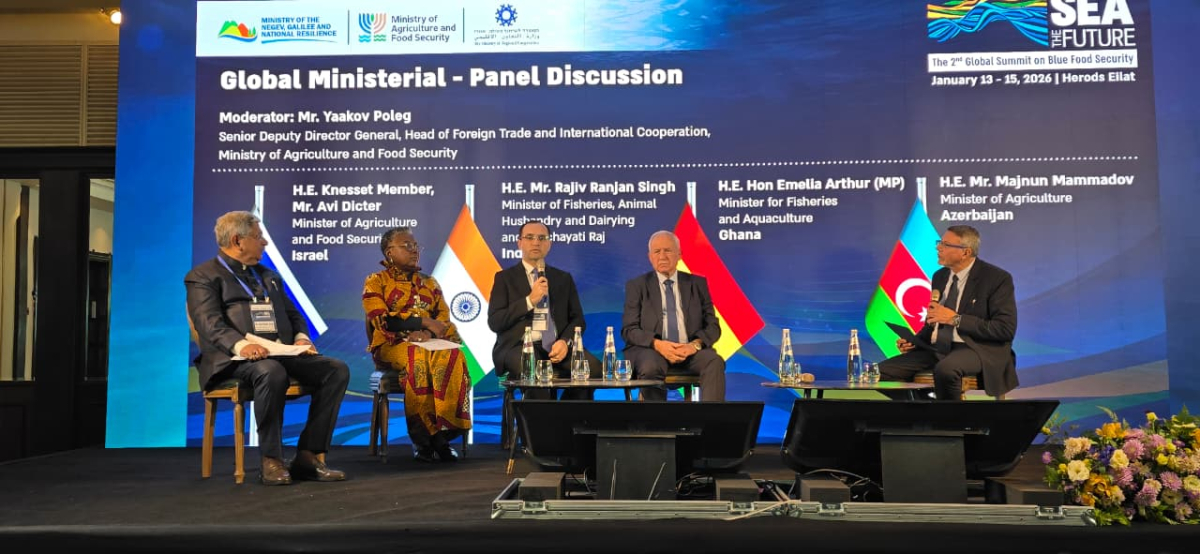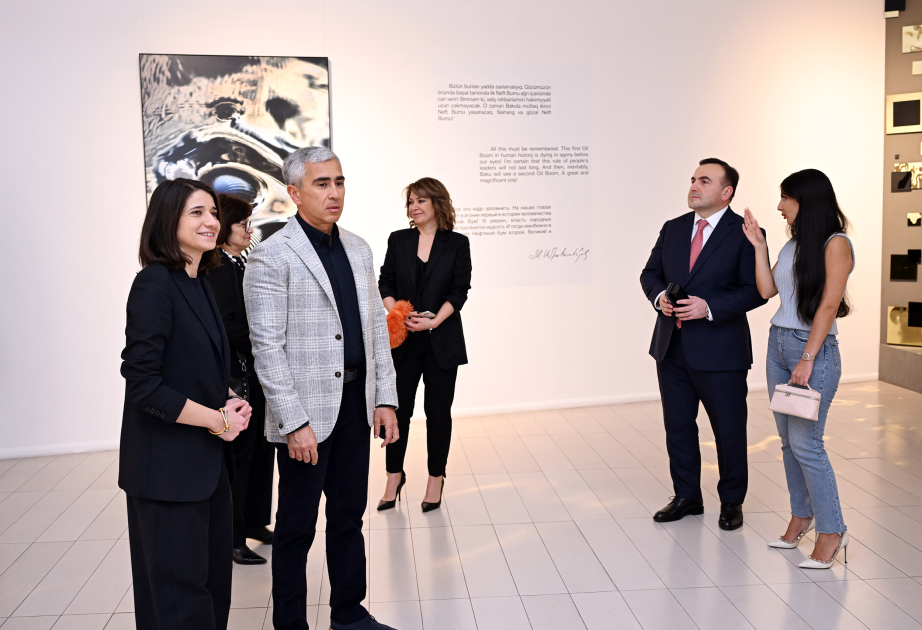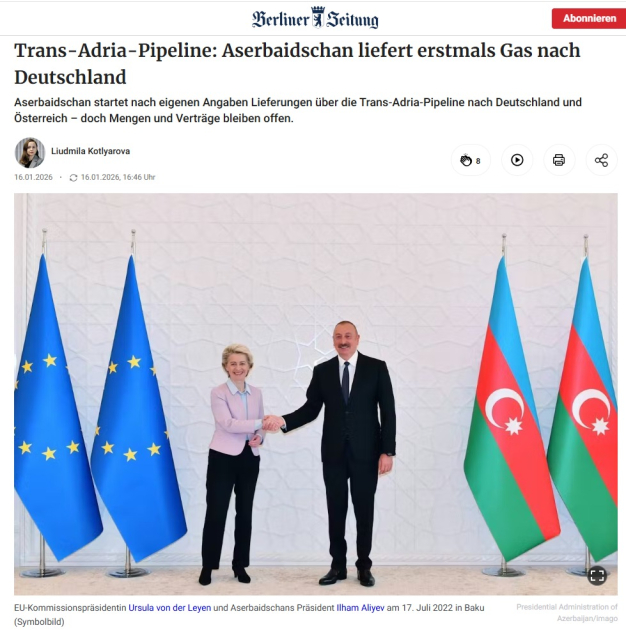The rich and centuries-old Azerbaijani musical art is not only a heritage passed down through generations but also a vibrant force capable of transcending borders and resonating in diverse corners of the world. Thanks to the talent and dedication of our musicians, singers, and composers, national music becomes accessible and relatable even to those who have never visited Azerbaijan.
One such ambassador of Azerbaijani culture is pianist and educator Aynur Melikova—a name synonymous with high professionalism, deep devotion to art, and a commitment to sharing her nation’s musical treasures with the world.
From Baku to Frankfurt, from television appearances in Azerbaijan to joint concerts with Swedish musicians in Stockholm, her journey is both impressive and inspiring.
AZERTAC introduces readers to the story of Aynur Melikova, who resides in Sweden, her perspectives, and her mission to preserve and promote Azerbaijani music beyond her homeland.
— Aynur, please tell us, how did your passion for music begin? Who or what influenced your choice of this profession?
My passion for music took root in early childhood, sparked by my grandfather, Rajab Abdullayev, a gifted tar player and devoted advocate of Azerbaijani culture. As artistic director of the Nakhchivan Folk Musical Instruments Ensemble, he dedicated his life to music and folk art. I was captivated by photos of him with various orchestras, dreaming of following in his footsteps.
My formal musical education began at the Bulbul Secondary Special Music School. After graduating with honors, I continued at the Baku Music Academy named after Uzeyir Hajibeyli, studying piano under the esteemed Adela Vekilova.
At the academy, I performed in educational concerts across Azerbaijan—in cities like Mingachevir, Ganja, Zagatala, and Lankaran—to promote classical music to diverse audiences. I played solo and ensemble programs, engaging with young listeners and answering their questions about classical music. This pioneering project at the academy fuelled my creative and personal growth, earning me several diplomas and commendations.
I also performed works by emerging Azerbaijani composers at various venues and participated in festivals like “Contemporary Music,” a landmark event supporting new compositional trends in Azerbaijan, where I received further recognition.
After earning a red diploma with distinction from the Baku Music Academy, I pursued advanced studies at the Hochschule für Musik und Darstellende Kunst in Frankfurt am Main, Germany.
— Was it challenging to establish yourself professionally after such intensive training?
Not really. After completing my studies in Germany, I returned to Azerbaijan and joined the Azerbaijan National Conservatory, where I accompanied performers at the Department of Folk Instruments for 11 years.
I collaborated closely with renowned tar player Sabuhi Jafarov and kamancha virtuoso Mehri Asadullayeva, helping students achieve success and win awards at international competitions. Though demanding, these achievements brought immense pride and joy.
Alongside this, I taught at the Heydar Aliyev Modern Educational Complex for 11 years and, before moving to Sweden, worked as a teacher and accompanist at the Bulbul School.
I also appeared on Public Television’s Days of Culture, performing piano concerts of diverse musical styles and sharing insights about the pieces’ histories with viewers.
— How did your Frankfurt education shape you as a musician?
My education in Germany was a springboard to professionalism in music. Mastering intricate technical and methodological aspects of piano playing deepened my emotional expression with each performance.
The great Polish composer and pianist Frédéric Chopin said, “The piano can convey the sound of an entire orchestra.”
Indeed, these words began to resonate in every piece I played. I aimed to evoke the sense of an orchestral sound through the piano, and I believe I succeeded in many instances.
— Music is a universal language that requires no words. Still, after moving to Sweden without knowing the Swedish language, was it difficult to continue your musical career there?
There were certainly challenges, as achieving my goals required mastering the Swedish language. I completed the necessary language courses, which opened up much broader professional opportunities. Being able to express myself fluently in Swedish allowed me to build new connections and establish professional ties within the music community.
I had the opportunity to participate in the prestigious MusikBranschen music management program, organized in collaboration between Denmark and Sweden. Through this program, I deepened my knowledge in modern fields such as music digitization and project management.
Currently, I hold the official status of a certified teacher in Sweden and actively continue my teaching career. I am particularly inspired by my work with students. At the school where I teach, I eagerly share my knowledge of world music, various genres, and styles, answer their intriguing questions, and engage in lively discussions.
I’m especially delighted when I perform Azerbaijani music for them, and they listen with genuine interest, even requesting that I play such pieces more often. These moments inspire me as an educator and give my work special motivation.
— I know you’ve performed works by prominent Azerbaijani composers at various concert venues in Sweden. Please tell us more about these performances.
Indeed, there have been many such performances. I’ve given concerts dedicated to significant dates for Azerbaijan. One of the most memorable was a concert celebrating Azerbaijan’s Independence Day in Copenhagen, at the invitation of Veten Society chairperson Mehriban Aliyeva. The concert took place at the Albertslund Music Theater and garnered significant audience interest.
On June 25, an unforgettable concert was held at the Hallwylska Museet in Stockholm. I can confidently say it left a lasting impression on the international audience. I had the honor of sharing the stage with musicians from Turkiye: Burcu Kuru (soprano), Zerrin Tan (oboe), and Deniz Yavuz (clarinet). I performed on one of Sweden’s oldest pianos, which was truly thrilling.
We presented a vibrant and diverse concert program, concluding with Azerbaijani music – Adil Babirov’s “Prelude – Scherzo” as the cherry on top. After the concert, it was especially heartwarming to hear audience feedback, as they shared how deeply our music touched them.
Earlier in June, a concert at the Anglican Church also featured Azerbaijani music. Together with other performers, we presented a piece composed by the outstanding composer Kara Karayev for the film Man Drops Anchor. I was overwhelmed with joy and pride when, after the concert, many audience members approached me asking, “Who is the composer of this piece?” It was a clear sign that one of my main goals – representing and promoting Azerbaijani music – had been achieved.
I don’t only perform Azerbaijani composers’ works at concerts. For example, in Stockholm, I participated in a project called “The Fusion of Painting and Music.” As part of this project, I performed in a concert titled Samtidskonst (“Contemporary Art”), playing works by composers of the Romantic era. The audience enjoyed both the art exhibitions and live musical accompaniment, immersing themselves in a synthesis of visual and auditory art.
Over the past few years, I’ve also performed at various concerts with Swedish musicians, presenting programs that include both Azerbaijani and Scandinavian music. With Swedish violinist Irena Lemos, we’ve held numerous joint performances on various stages. Notably, through these programs, I continued to pursue my mission of promoting Azerbaijani music. Irena and I performed works by Azerbaijani composers, and she expressed her deep admiration for our musical culture and her joy in performing these pieces.
— Are there any new projects in the works?
Yes, there are many projects. I’ll share a few that are coming up soon.
In September, a series of concerts titled “Sounds of the North” is planned in Stockholm to mark the 140th anniversary of the great composer Uzeyir Hajibeyli. For this occasion, I’ve prepared a special project where, together with Italian pianist Sergio Lapedota and Swedish flutist Katrin Spongberg, we will present works reflecting both Azerbaijani and Scandinavian musical traditions. Naturally, special emphasis will be placed on Azerbaijani music.
As part of this project, after Stockholm, concerts in an adapted format will also take place in Denmark and Finland—a sort of mini-tour. Our goal is not only to showcase Azerbaijani music but also to promote our culture, building a bridge between the traditions of different nations.


